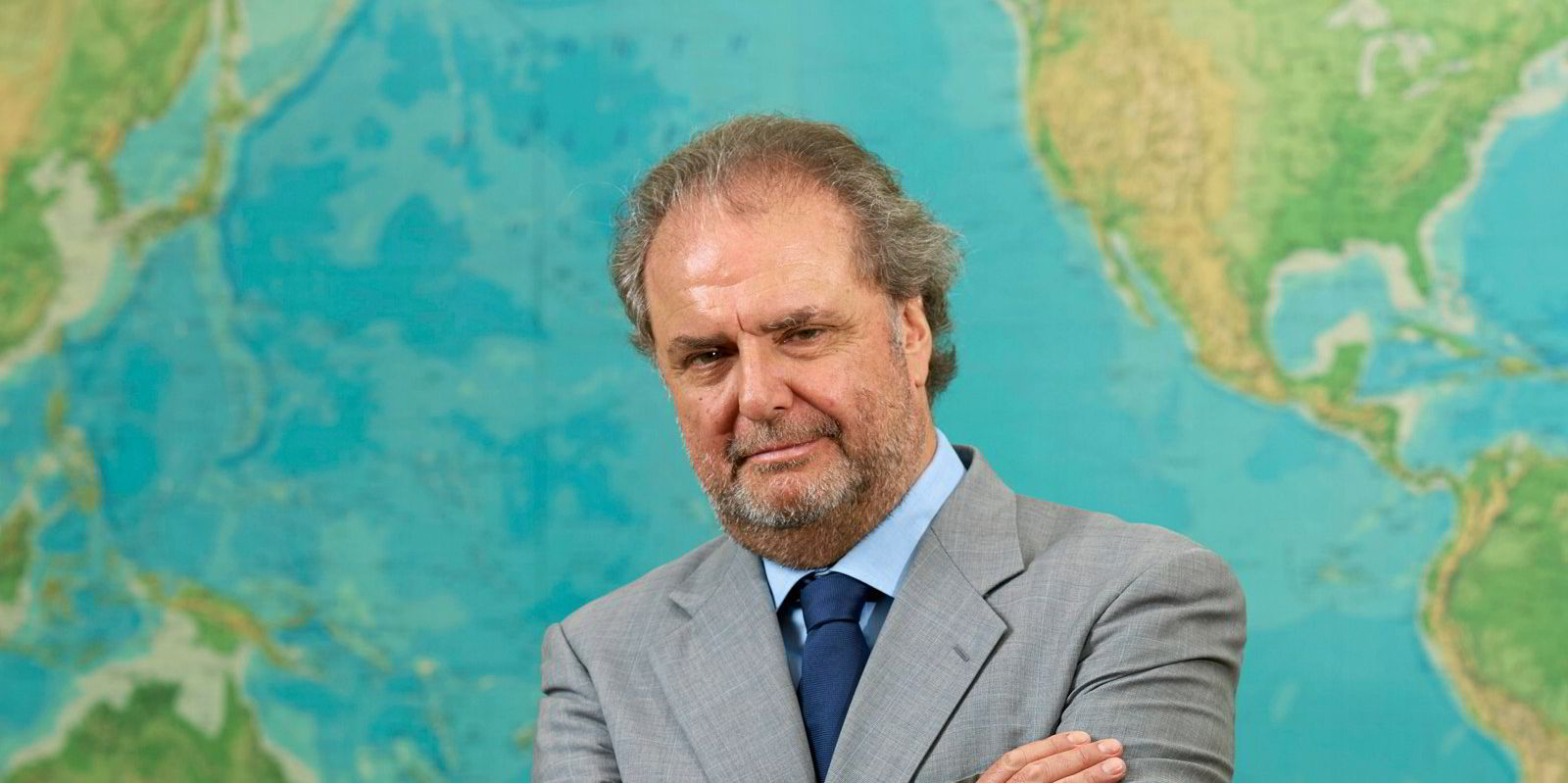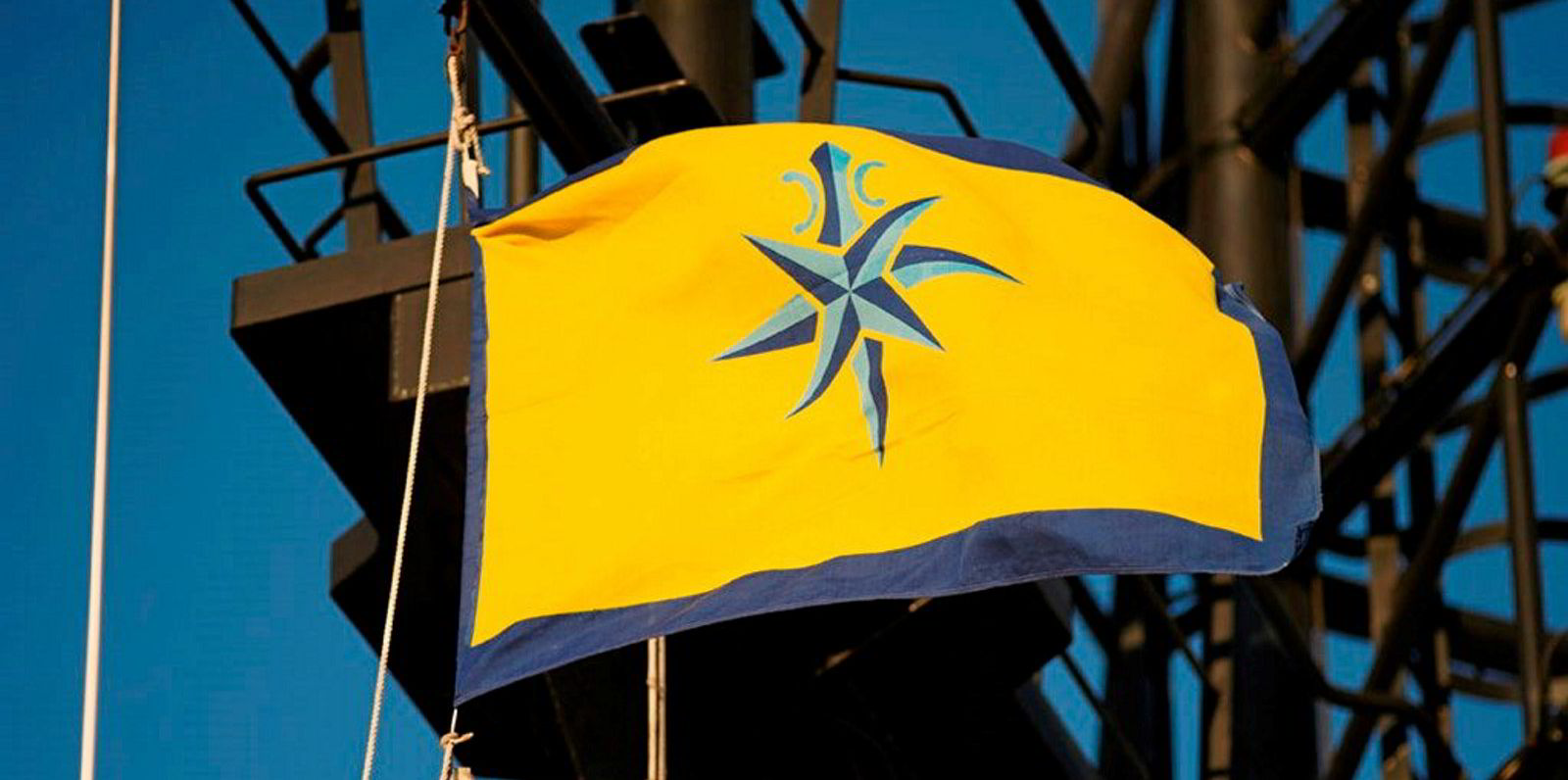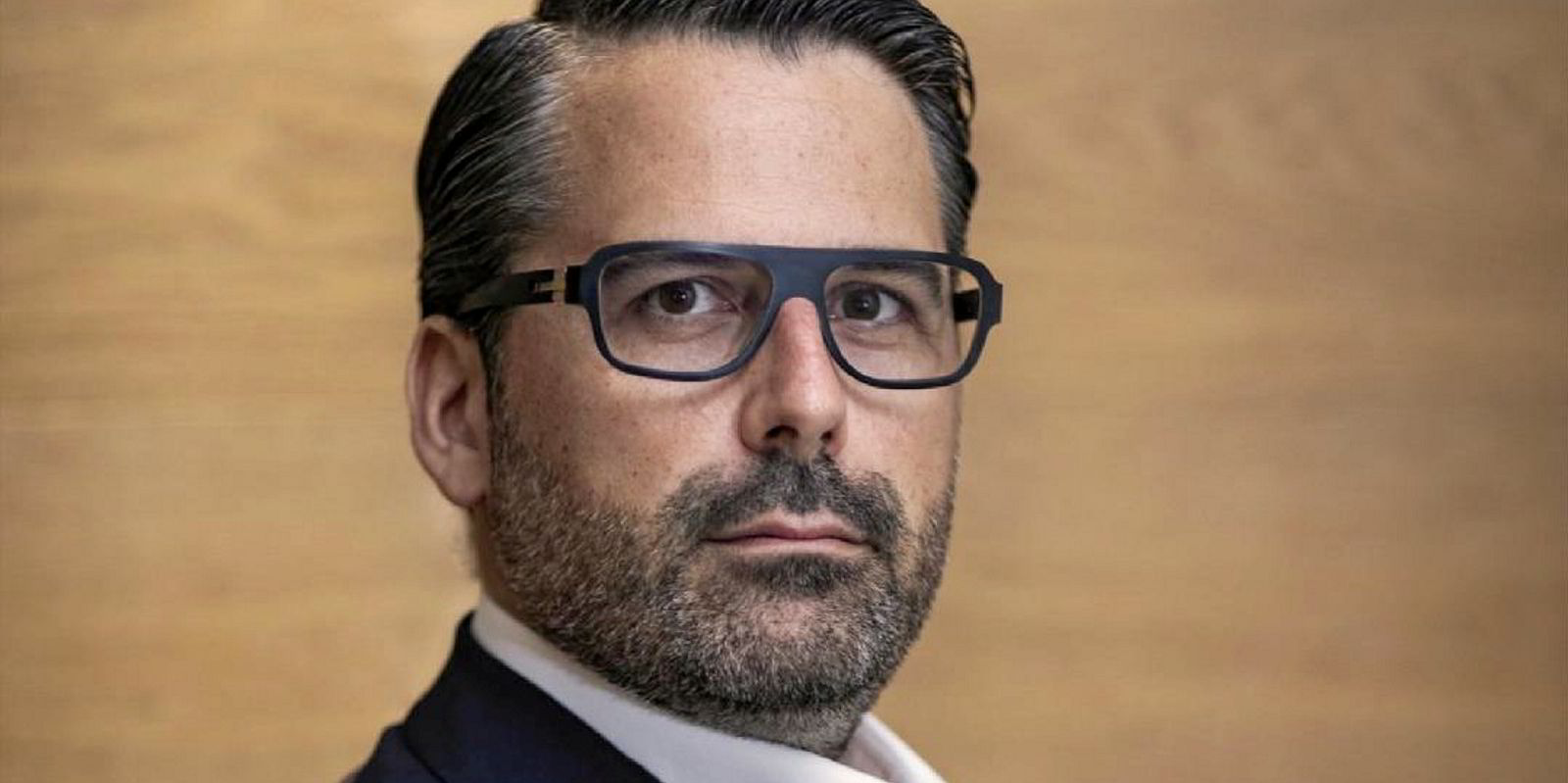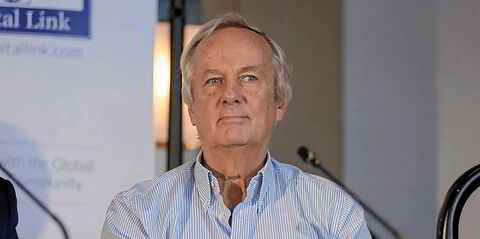Having broken a spell of consecutive quarterly losses, Italian product tanker owner d’Amico International Shipping (DIS) plans to spend ongoing and future profits on debt reduction and selected fleet expansion.
The company’s first acquisition targets are leased or time-chartered vessels it already operates and has purchase options on.
If some other opportunity comes up on the secondhand market, the company will look at it as well, chairman and chief executive Paolo d’Amico told TradeWinds after the company announced it was expecting “strong markets” in its industry “for several years”.
The clear priority, however, are the optional vessels. “We have optional prices that are in the money, so it makes sense to exercise them,” he said.
The Milan-listed owner and charterer of 35 product tankers has purchase options currently in the money on six leased and two chartered-in ships.
The company, which in 2019 completed an ordering programme of 22 newbuildings to renew its fleet, does not consider inking new ones. “Newbuildings are too expensive,” d’Amico said.
Volatile but lucrative
Earlier on Thursday, DIS reported second-quarter net income of $25.7m from a $5.4m loss in the same period last year.
Given current trends, the company expects to perform even better in the third quarter.
Earnings on spot voyages are currently well above $30,000 per day on its handysize, MR and LR1 tankers, chief financial officer Carlos Balestra told analysts at a conference call.
Markets are currently so volatile, especially for handysizes, that DIS fixed some ships on short Mediterranean voyages at rates of $100,000 per day.
“The market moves very very fast,” Balestra said.
“There’s a lot of trading activity where vessels are chartered with a lot of options for discharge,” he explained.
“Traders sometimes slow down and wait for the right window to open before selling the cargo to its final destination… when you’re going to fix a vessel you don’t know which vessels will be open where until the very last minute — this uncertainty… plays very much in our favour,” said Balestra.
d’Amico management is careful to point out that not the entire market upsurge is due to the Ukraine war but also to higher demand for oil, with increased refining throughputs after the coronavirus pandemic — particularly for jet fuel.
But it is the war that propelled the market to its current heights and will continue affecting the market, particularly after the European Union imposes an insurance ban on vessels carrying Russian oil at the end of the year.
d’Amico said he expects the so-called “dark fleet” currently carrying Iranian or Venezuelan oil to jump in to carry Russian oil then.
Alternative maritime insurance providers, in Asia or elsewhere, would only play a “marginal” role, he told TradeWinds.
Speaking on the earnings conference call, the Italian executive was much more sceptical about proposals to introduce price caps on the purchase of Russian oil — an idea supposed to both curb Russian profits and secure Western supplies.
“I’m not convinced that the cap on oil will work,” he said.





